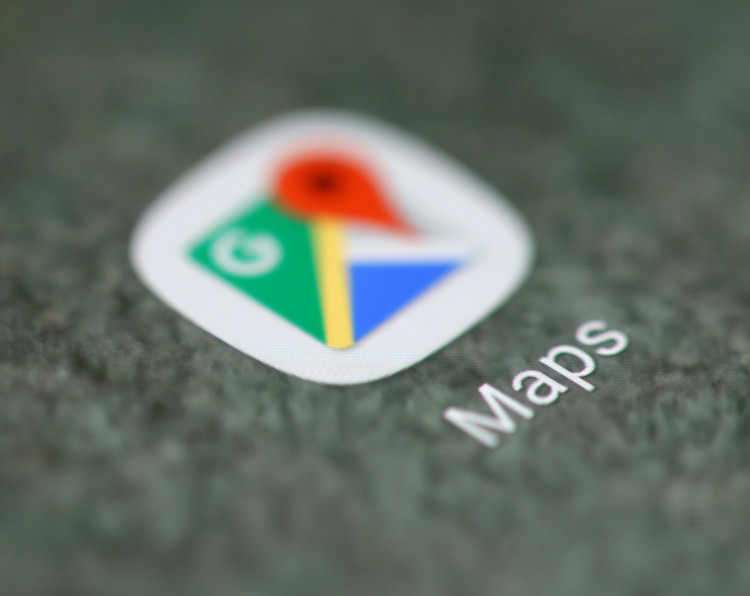You're probably being tracked if you use any of Google's apps on your iPhone or Android phone. Although turning off your Google account's location history is a solid first step, you may still be at risk. Some Google apps may still store your location data, and using Google Maps or Google search on any platform registers your approximate location with a time stamp.
Pros and Cons of Turning Off Google Tracking
There are some disadvantages to disabling this default setting. While Google's settings may appear intrusive to some, they also contribute to an ultra-personalized internet experience, such as assisting consumers in finding nearby businesses rather than ones in another city, or viewing personalized ads. According to Google, they assist in providing consumers with more relevant information rather than random information.
Turning off tracking results in less relevant ads, less helpful search recommendations, and a less personalized experience while using the search engine and its apps and services.
Turning off tracking will prevent Google from guessing what you might be interested in if you appreciate tailored adverts. Turning this setting off, on the other hand, may be worth the loss of specificity for those who value privacy above all else.
What Happens When Location Settings Are Disabled?
When you disable this setting, Google will no longer save location markers connected with specific actions, as well as information gathered from searches and other activities. By turning it off, you may keep your approximate location and other sites you visit private, such as your home address.
It should be noted that in order to use certain services successfully, such as the Maps app, Google will still need to access your location. Completely disabling the feature , on the other hand, prohibits it from storing any future behavior. To safeguard personal privacy, when Google timestamps your activity within a general area, it is within a span of more than 1 square mile with typically more than 1,000 users.
According to Google's help page, this allows them to spot unusual activity, such as a sign-in from another city, while safeguarding personal privacy.
You can, however, offer Google permission to utilize your precise location - your particular location, like a specific address - to provide the best search results for where you are.
When you create a new Google account, Google limits the amount of data it collects by default to only 18 months of online and app activity; anything older is instantly deleted.
The bottom line is that you either save your privacy but losing out on a personalized internet experience, or you can keep seeing relevant ads and search suggestions instead of more random, unfiltered content.






